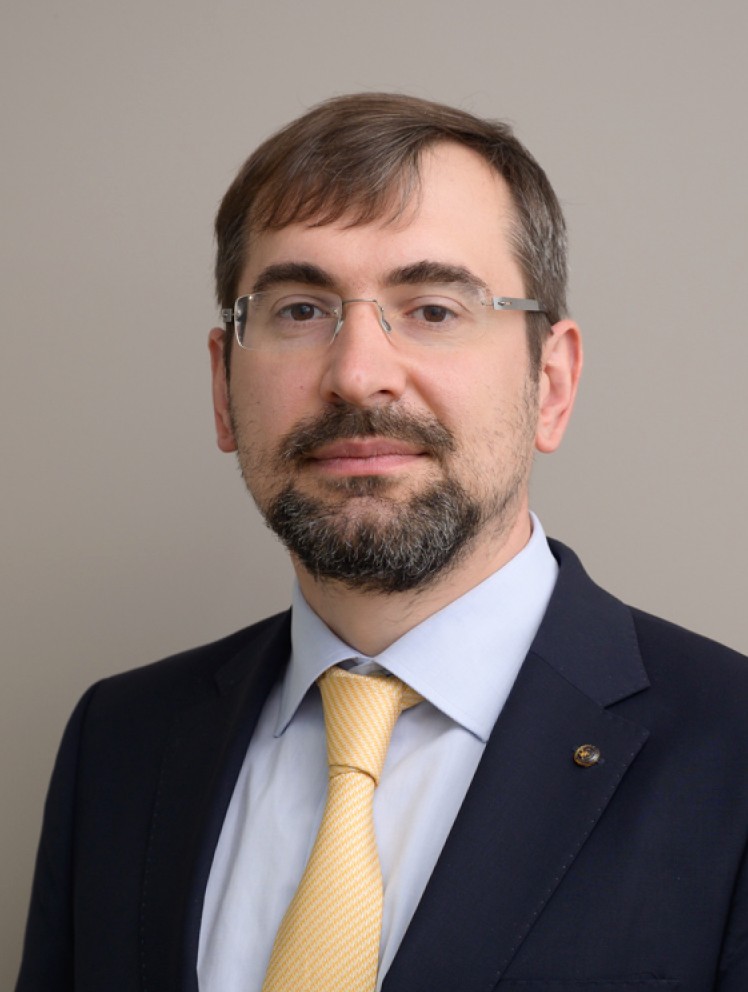Arthur Zurabyan, of ART DE LEX, commented on the decision of a Rosteh subsidiary to circumvent sanctions and purchase Siemens’s equipment for two new power plants in Crimea
A subsidiary of Rosteh, Tehnopromexport, is buying equipment for two new power plants in Crimea for the Siemens technology gas turbines facility. German Siemens owns 65 percent of the operation, while Power Machines has the remaining 35 percent.
The parties signed the contract in the spring, and the first payment is complete. The plant will supply Tehnopromexport with four combined-cycle gas turbines with a power capacity of 235 MW and gas turbines of 160 MW. A source close to one of the parties indicated that, according to the contract, the equipment is intended for the new power plant in Taman (Krasnodar Region), not Crimea. Another source told Vedomosti that the turbines are destined first for Taman just to get around sanctions.
The parties did not disclose the contract value. Earlier, Alexander Novak, the minister of energy, estimated that the construction of the two power plants was to cost RUB 72 billion, more than one-third of which Rosteh will receive from the budget.
Representatives of Rosteh, Tekhnopromexport, Siemens Technology Gas Turbines, and Siemens in Russia refused to comment. Their colleague from Power Machines also has not responded to inquiries from Vedomosti.
The Ministry of Energy actually announced its intention to build a thermal power plant in the Krasnodar Region (Taman) or in Novorossiysk with power capacity of about 600 MW. The competition rules for selecting an investor still are awaiting approval.
Power plants in Crimea are necessary for an independent power supply for the peninsula. Currently, during peak hours, Crimea is 90 percent dependent on power flows from Ukraine. Russian factories do not produce turbines with the needed power capacity, but the European Union banned the export of technology and equipment to Crimea a year ago. Last week, it extended the sanctions for another six months.
According to Sergey Pikin, the director of the Energy Development Fund, Russia does not produce modern gas turbines, and all the new power plants are equipped with foreign equipment. Pikin noted that “it is possible to use Russian turbines, but they are less efficient, resulting in more expensive electricity. If the challenge is to build modern power plants, we have to buy foreign turbines."
Siemens refuses to service their turbines in the Crimea. Nevertheless, a top manager of a large engineering company asserts that repair parts are readily available from the Siemens factories in China and Iran, while repair services for Siemens already are located in Russia.
Nikolai Zaichenko, a partner at Nevsky IP, thinks that it is unclear whether the EU will punish Siemens for the contract because the issue is the relationship between the concern and the authorities. He explained that Siemens may be guilty of infringing the sanctions regime if the EU judges the deal essentially on its merits. For such violations, German law provides for fines and personal criminal responsibility, according to the lawyer. Judging the deal formally, it is clean. The right to property in Russia is on a secure foundation, Zaichenko stated, and if a plant wishes to sell equipment, it cannot impose any terms on the customer, including the prohibition of resale and delivery to other regions. In addition, Siemens has a strong argument, he added: the company can declare that it fully trusted the information specified in the contract.
